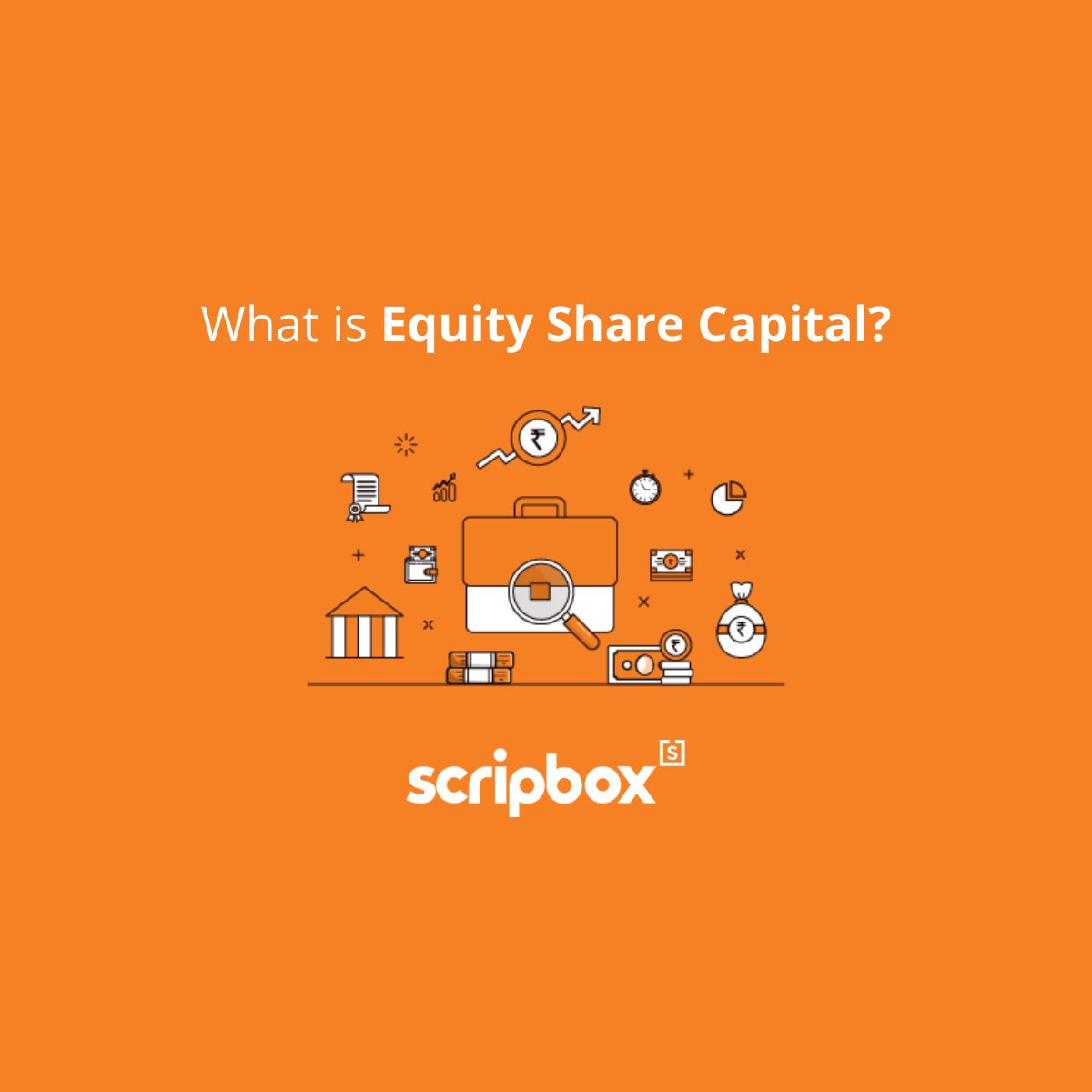
Gross Salary
Gross salary is the sum of the total amount of compensation paid by the employer company to the employee as a part of the employer-employee relationship. Given the increase in salaried workforce, it becomes really important to understand the basics...

Gross Income
Meaning of Gross Income In the case of an individual, gross earnings refer to the total income earned before any tax adjustments or deductions. In this case, suppose Ramesh has a total income of Rs. 5,00,000 from which he paid...

Follow on Public Offer (FPO)
What is a Follow On Public Offer? A follow on public offer (FPO) refers to an already listed public company on a stock exchange issuing shares to the public. A follow on public offering allows companies to raise additional capital...

What is Fair Market Value in Stocks and Mutual Funds
What is the Fair Market Value? Fair market value FMV is the price at which one can purchase an asset under normal market conditions. The fair market value represents the accurate valuation of asset under the following conditions: Both the...

Face Value of Share
What is Face Value of Share? Face value is the original value of a share shown on the share certificate. In other words, it refers to the value listed on share certificates, digital records, and books. The face value is...
Practical Insights For Wealth Creation
Our weekly finance newsletter with insights you can use
Your privacy is important to us

Employee Stock Ownership Plan
An ESOP or an employee stock ownership plan is a strategic employee benefits plan. It is designed to reward employees with an ownership interest in the company. In other words, it is a profit-sharing plan devised by the company to...

Equity Share Capital
The total amount of equity shares associated with ownership of the company is the equity share capital. The equity share capital is also the difference between the total assets owned by the company minus all the liabilities on the balance sheet.

Equity Ratio
What is Equity Ratio? The equity ratio is an accounting ratio. It compares the entire equity in the company to the total assets to determine how much of the assets are financed by the owners' capital. The equity ratio emphasizes...








